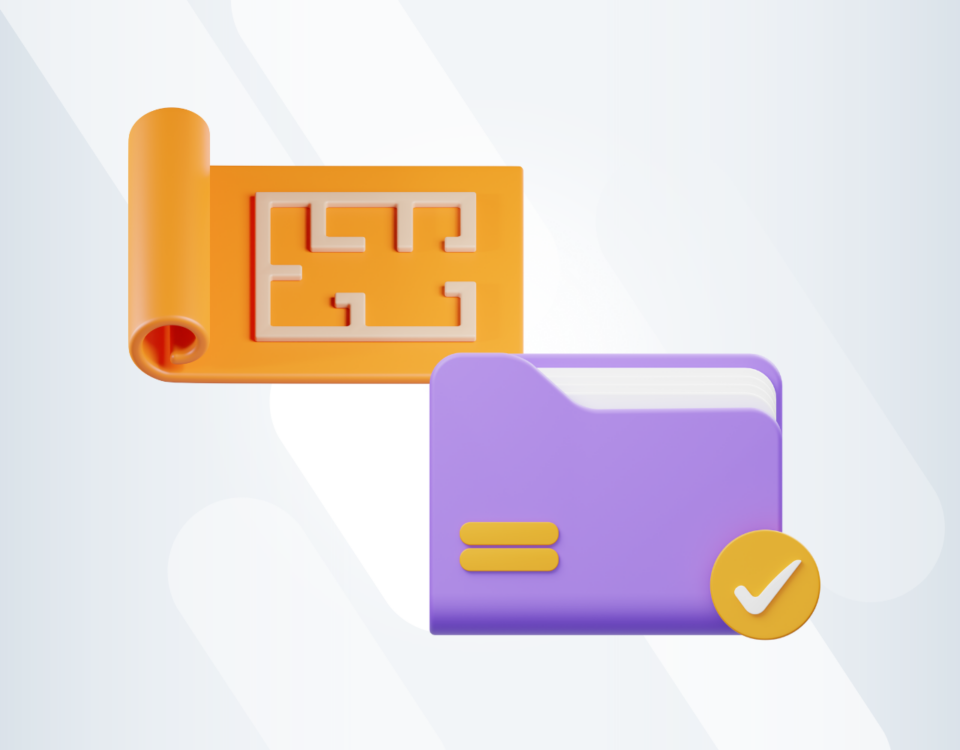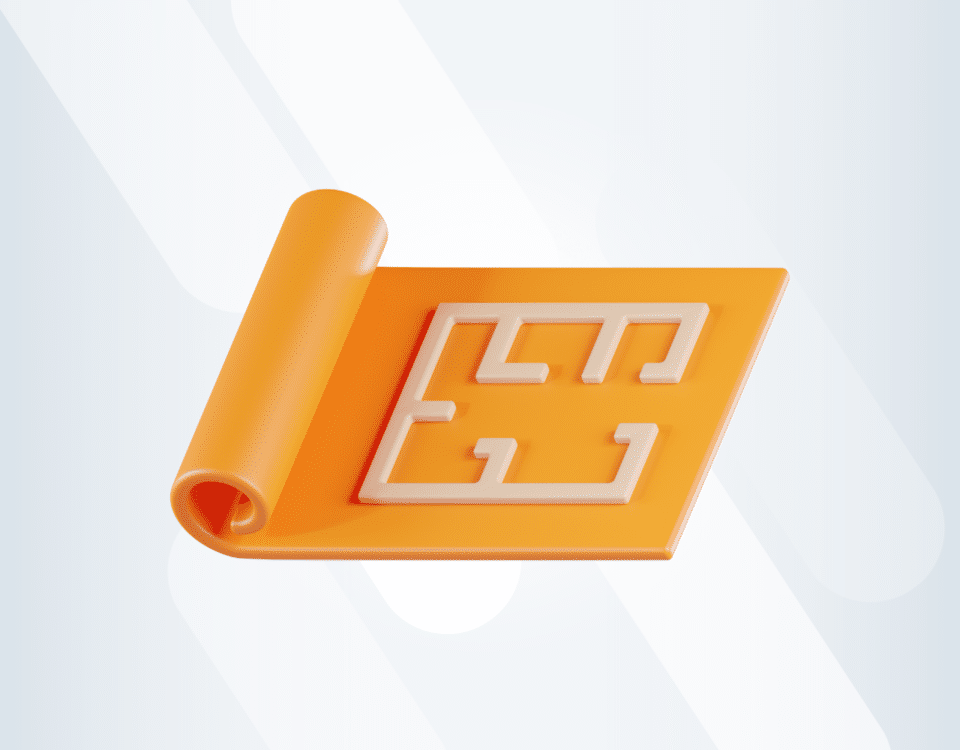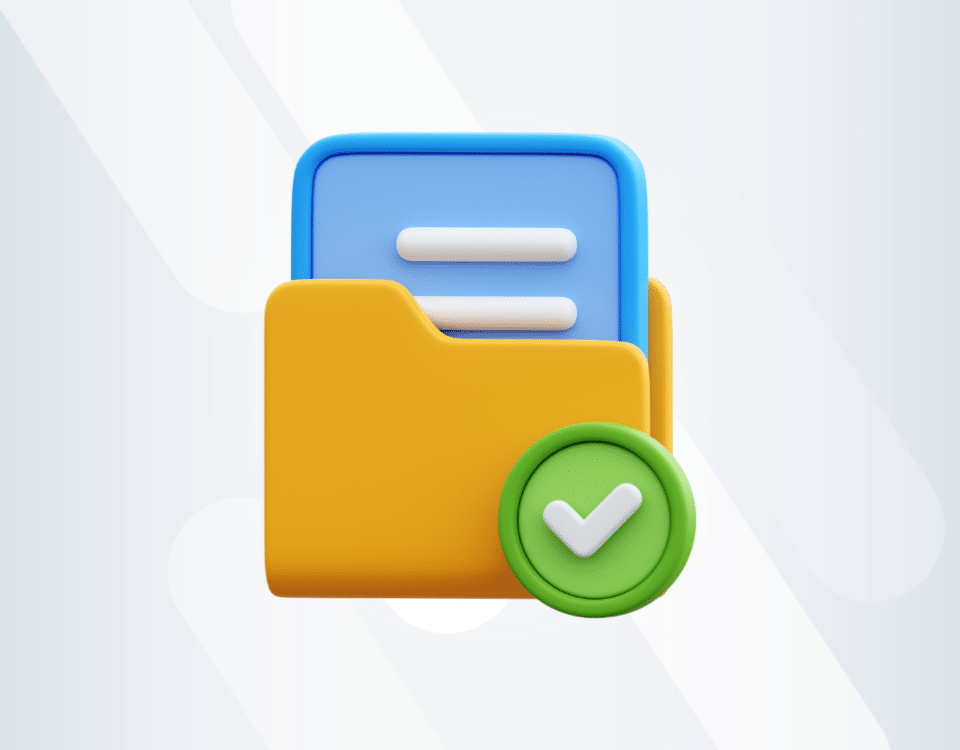Construction Tips, News & Best Practices
Equipment & Machinery Management
Demolition Companies Edition
Different rules apply to different companies. It is so because each business has its own specific features and needs that must be taken into account when properly managing a company. In demolition, equipment and machinery management constitutes a number one priority in the good functioning of the company. Discover how to take control over them to give your company a kick-start!
It would be a lie to say that equipment does not play a significant role in demolition’s internal processes. Just like any other business, demolition companies rely heavily on both their equipment and machinery. Why? Well, equipment availability is one of the first elements you look at before commencing a project - it is quite obvious that without specialised machines, you cannot perform any major activities, especially in a demolition industry.
This is why in this article, we would like to walk you through the process of managing your equipment and machinery used in different projects, so that it does not bother you anymore. Also, make sure you catch up with our previous articles on Health & Safety and Scheduling management in a demolition company!
Equipment & Machinery in Demolition
First things first! Before we do anything else, let’s start with different types of equipment there is. When it comes to demolition, we divide the machines based on their use into four main categories:
- 01
Heavy Equipment
Most of today’s demolition operations use this kind of equipment to perform a project. Heavy equipment includes: articulated trucks, asphalt pavers, backhoe loaders, draglines, drills, excavators and many more. - 02
Support Equipment
It consists of all equipment (mobile or fixed) that is not a part of the primary weapon system but is required to support the operation and maintenance of the system. It includes loaders, bulldozers, shredders and custom-built knuckleboom self-loading trucks. - 03
Demolition Trucking
Trucking, of various types, is required for most demolition projects. It enables the transport of heavy materials from one location to another and is therefore indispensable on site. - 04
Specialised Equipment
Being a highly specialised business itself, demolition requires the specialised machinery that will be able to carry out the complicated work on very specific sites. Special demolition machines such as high-reach excavators, hydraulic chisels, concrete cutters and concrete millers as well as sorting grabs and wrecking balls are perfect to perform complex tasks.
Main Challenges with Equipment Management
It goes without saying that effective equipment management contributes to the success of every business. When managed smoothly, it gives you not only great results but also full control over your processes! Nevertheless, managing your machinery is not a piece of cake and can therefore pose some problems. The most common ones include:
Transport
Transporting heavy equipment from one place to another can be challenging. As successful transport takes several aspects, such as the right tools, preparation and experience, it leaves little room for error and requires excellent time management. Why? When planning two different projects that require equipment transport from one remote place to another, you should always consider the time of the transport and its cost as it may turn out that instead of transporting your machinery, you would be better off renting it somewhere closer to the project site.Time
Tracking heavy equipment real-time position location is a recurring problem for demolition contractors. Not knowing where your machines are or what they are being used for can lead to unauthorised activities, which in turn can cause even more troubles for you and your company. This is why we must ensure that there is always a start and finish date of the use of equipment on site.Cost
Machine costs can very often be an obstacle when it comes to investing in heavy equipment. Apart from the cost of the machine itself, there are maintenance costs that must be taken into account. They include fuel consumption, idle time and repair costs among others. And although the costs of owning heavy machinery and operating it are two separate things, they are both equally important.Quality
Have you ever rented equipment that did not live up to your expectations? The machine that you received looked nothing like its picture-version or the description was completely mismatched? This is definitely one of the most annoying things that can happen to you when renting equipment but unfortunately, it is a common challenge for many.
Managing Equipment and Machinery in a Demolition Company
In order to operate well and perform the tasks, a demolition company must be fully coordinated and have everything under control, including all machinery. To achieve this, you will need to learn how to properly manage your equipment.
Let’s start from scratch. The selection and utilisation of equipment is usually decided by the contractor manager but the project manager and the superintendent can also participate during this process. When it comes to equipment itself, it can be either contractor owned or rented. If it is the latter, they should be coordinated by the project manager with the company’s purchasing department. Additionally, to avoid any delays in delivery, provisions for expenditures should be made in order to support the project superintendent.
To make sure your equipment and machinery management goes smoothly, take a look at the list of our tips below!
Tips for an Effective Equipment Management
Ensure You Know the Use and Capacity of the Equipment
Conduct Inspections
Offer the Right Training
Perform Routine Maintenance
Obviously, this list is far from being complete but it offers you a great guidance on how to successfully manage your equipment and machinery. On top of that, at Archdesk, we give you a perfect software solution that allows you to easily manage your equipment at the touch of a button!
You might also like
February 29, 2024 • 7 min read
Utilizing the human-first approach to construction projects to drive higher results.
July 3, 2023 • 6 min read
8 Best Construction Drawing Management Software (2023): A Comprehensive Guide
Find all the information you need about the construction drawing management software tools available on ...June 14, 2023 • 6 min read
The 11 Best PlanGrid Alternatives (2023)
Looking for a great alternative to PlanGrid software? Check out the 11 best construction software tools ...June 14, 2023 • 4 min read
How to win at CIS 340 and make taxes a breeze
CIS 340 is a legal obligation for contractors. But getting it right isn’t straightforward. Want ...





